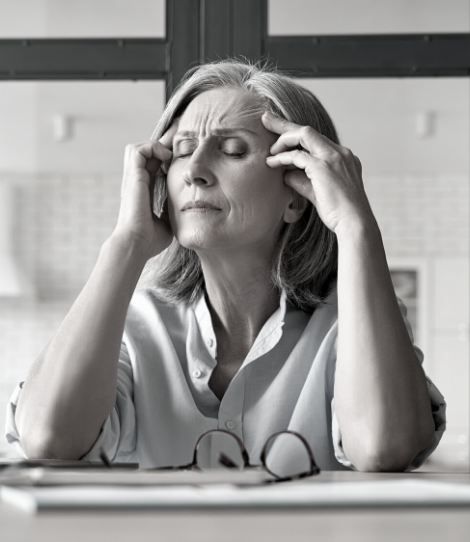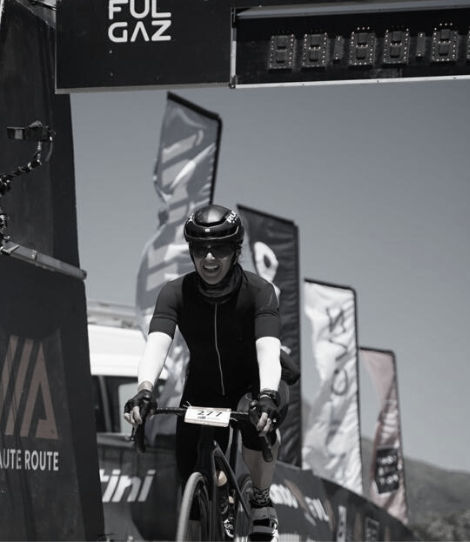Today I resigned from the NHS hospital after working there for 22 years. I’ve shed some heavy tears, my team hugged me and each other but my heart feels bruised. This is bittersweet but I felt I had no other choice.
My first memorable encounter with the NHS was at 4 when I had cardiac surgery to fill the hole in my heart that was starting to make me feel tired. I remember waking up after my surgery cuddling Snoopy while the lovely nurse sat me up and helped me eat my banana custard.
My mum still tells the story about how, on the way home in the car, I announced I wanted to be a nurse so that I could look after people like I had been looked after. Somewhere in her loft is a yearbook from my first year at school with a piece stating my ambition alongside a drawing of a stick woman holding a syringe.
True to my word, 17 years later, I graduated as a degree level nurse and navigated my way into the Emergency Department (then known as Casualty) in the very hospital I was born in. I’ve worked there as a Nurse Practitioner ever since and had my two kids there too. If you’ve turned up in ED during that time there is a good chance it’s me you’ve seen.
From the start, working in a dynamic emergency team and being faced with life and death every shift really used to get my adrenaline pumping. Running to the resuscitation (resus) room after the red phone had rung to alert of an incoming emergency used to make me feel what my son and I call ‘scited’ – both scared and excited.
My mind would light up thinking about what was coming in, what would we need to do, how would we do it, what would my role be, could we save the patient? It was exhilarating when you could save some who might have otherwise not made it. A poignant memory was seeing a man open his eyes and regain consciousness after what could have potentially been fatal head injury from a road traffic collision.
Other times however, I have left defeated. The lady we couldn’t save despite attempting to resuscitate her for an hour. She had suffered a cardiac arrest after choking and blocking her airway with some food while she was out to dinner. I was very much in work mode until her husband entered the resus room and then the emotions came flooding in. That hasn’t ever changed, I’m always very focused and functional when I’m working on a patient, then I see the bigger picture of who a person is to the world around them and that’s what often breaks me.
There are occasions where I have felt I had to put emotion to one side and do what we had to do. A powerful memory is of a night shift when I had to go with the consultant to break the bad news to a young teenage girl that her mother had died and that her father was in an unstable state in our Intensive Therapy Unit (ITU). It was Boxing Day, they had been in a collision on the motorway and the girl herself had been in the back of the car. Thankfully she was in a more stable condition but had broken her leg and sustained a minor head injury. Afterwards, I would reflect on how much I’d learnt medically, emotionally and how to handle trauma. Sometimes I watch the junior doctors and nurses struggling with patients who are angry, drunk, mentally unstable, high or in pain and I am struck by the incredible amount that I have learnt over the years.
Whenever it got really hard, it was always the team who pulled me through. Two of my colleagues were my bridesmaids and another knows far too much about me after we youth hostelled around Australia together in our twenties. The the long, awkward hours you work, the family compromises you make and what you see and do together mean you really do grow close to your team. It’s these wonderful souls that have kept me nursing. The hospital that I work in has a very nurturing atmosphere. I sometimes think it’s my second home and I love the smiles from the consultants, porters, radiographers, caterers, nurses and housekeepers alike.
The learning curve in the nursing profession is never ending and the saying, ‘you don’t know what you don’t know’ is so true. The imposter in me still wonders if I will ever know enough to be really good at what I do? I guess that’s what makes the role so challenging and motivating as there’s always something to learn and work towards. Right now, though, that doesn’t feel enough.
Over time it has become harder and harder to keep going and now more than ever I feel exhausted. I wade through the waiting room to call my patient and get a cheer. This gets my back up. We’re doing our best to see people as quickly and efficiently as we can and I do realise that they can’t see what goes on behind the closed door. The very door they are all willing will open and hear their name being called. Tonight, I’ve got 3 patients on the go. I’ve put a plaster on a boy’s broken arm and sent him to the ward to wait for his operation, my other patient is attached to a drip infusing antibiotics for his infected bite to prevent him becoming septic and now I’m caring for an elderly lady and suturing her head wound after she fell. I’m also waiting for community services to call me back to assess this lovely older woman as I’m not sure she’s safe to go home on her own tonight once I’ve patched her up. I’m told they are also busy and to expect at least an hour for their assessment. We’re all so busy all the time. I barely have time for a toilet break, much less a meal break. It’s why the cheering makes me feel frosty.
The work volume is increasing exponentially while the manpower and financial rewards continue to decrease. Staff recruitment and retention is at an all-time low while more nursing resignations than ever are sliding under management doors. The price I pay for this job has increasingly felt too high.
The weird hours. The life and death responsibilities. The inability to solve the problem we are faced with. Last week I was asked to see a teenage girl who had self-harmed at school using the blade from a pencil sharpener. She needs so much help but I don’t know who will give it to her as the mental health services are more than overstretched. It’s utterly heart breaking from so many angles.
My work life balance is off kilter and I’m in that triple lock of feeling like I’m failing as a mother, nurse, and daughter. The hours I work tend to be when my family and friends are off and vice versa. While the children were small this had an upside that it solved the childcare conundrum and also supplemented pay for the ‘unsociable hours’ that I worked. In effect, I worked fewer hours for more pay.
As they grow up though, the deal doesn’t feel worth it.
I work three, eleven hour shifts a week. When I arrive there could be 30 people waiting to be seen and when I leave there could be even more. The weight on my conscience as I leave and avoid eye contact with these poor people, feels heavy. When I get home I am spent. Emotionally and physically. The stress can drown me and just as the mum guilt grows, the nurse guilt also grows. I don’t feel like I’m doing or offering the best of me wherever I am.
I also question whether I am really valued, No one goes into nursing to earn millions but being on the same salary for over 10 years with minimal pay rises leaves you broke and without hope of ever breaking out of the cycle of being short by payday. It adds to the feeling that there is a total lack of recognition from the government for the relentless hard work. Instead there’s a keen sense of blame culture. You can do 99 things well and then receive a complaint from a patient about how long you took to review their Xray and you’ll find the hospital managers writing to you to defend yourself.
Clapping on a Thursday night during lockdown was a wonderful gesture but hasn’t helped pay my mortgage. In fact, it used to make me cringe as there were so many other key workers busting a gut outside of the NHS who were barely recognised. That ‘NHS hero’ badge was soon ripped away from me the night a patient called me a c**t as I didn’t have lighter to lend him. This was when I knew that normal service had resumed! Jokes aside, the patients aren’t getting the best deal either with longer waits, staff and resource shortages, bed space pressure and lack of time and compassion from stressed junior doctors who are making decisions about their care and wellbeing.
Of course, there are still many wonderful moments and I love caring for and getting to know my patients. I feel honoured to be in a position where I can turn people’s days around, listen, educate, intervene, and empower them to improve their health. But the compromises in the system feel greater than ever before. For me now, they’re too great.
My life has moved on and after experiencing a significant personal life event, I have felt myself wanting to do something more wholesome and restorative. The limits of emergency nursing and the focus just on physical health feel too narrow. I want to make people really ‘feel’ better in all aspects of their lives. I have learnt that people are complex and looking at them holistically is, in my opinion, the only way we can understand and achieve true and sustainable wellness.
This week, I have accepted a job at a GP surgery to be the first line contact for anyone calling in needing same day help. It’s better hours, better pay and I hope, less draining. What I want is a return to the feeling that with all my training and skills, I can actually make things better for people. Like those nurses did for me when I was four.
By Lizzie Carter
More on Careers
View All
How to say no…and not feel the guilt
Do you have a hard time saying no? Sylvia Cohen, a body language expert and a vocal coach, has shared her tips with Noon so that you can feel more confident saying “no” as a full sentence.

5 things to think about if you’re considering quitting your job
Quitting your job takes careful consideration to figure out if this is the right decision for you, and your best move. In this article, Anniki Sommerville offers guidance to help you weigh up the pros and cons.

Just Keep Pedalling
Anna Raptis is the founder of Mexico’s first venture capital fund centred around women and is passionate about cycling as a way to challenge herself and focus her mind. She reflects on the parallels between her pastime of choice and her professional life… and celebrates the Female Tour De France running now for the first time in decades.
